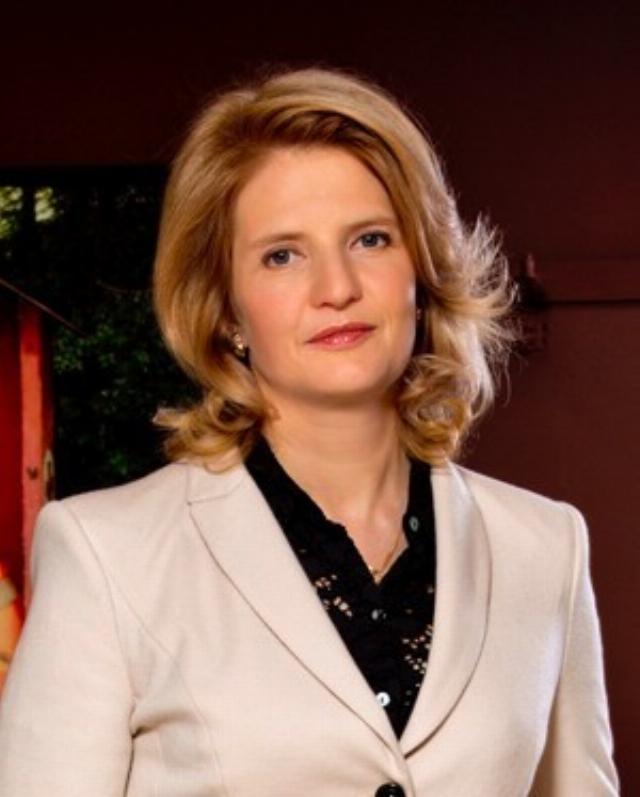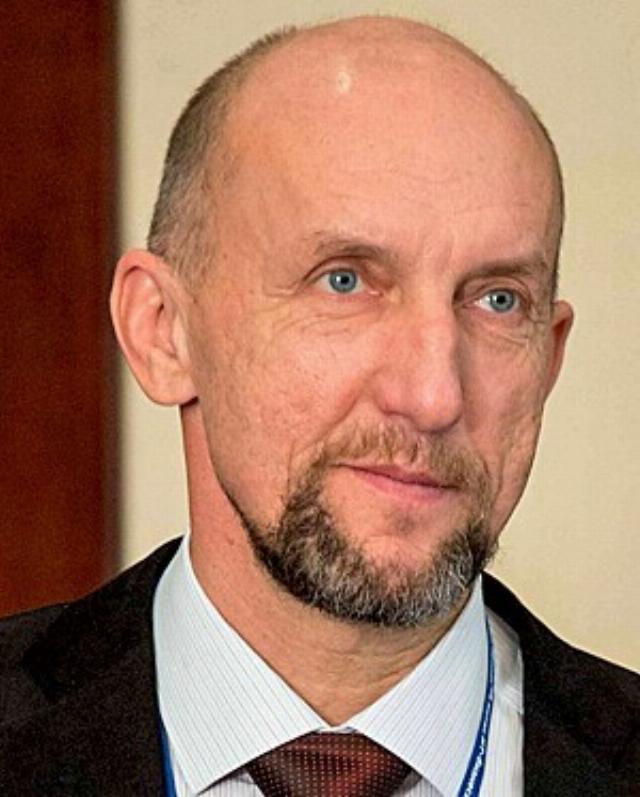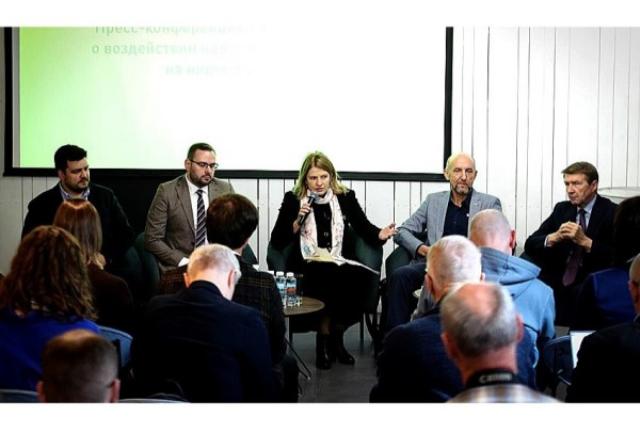The introduction of VAT, an increase in the rate of insurance premiums and a reduction in the use of STS to 10 million rubles for IT companies may damage the results in the field of technological sovereignty of Russia, which have been achieved in recent years thanks to government support measures, industry representatives say.
On October 15, Moscow hosted a joint press conference of Russian IT associations dedicated to assessing the impact of changes in IT tax regulation on the development of the software industry. Industry associations presented a collective position in response to changes in tax policy, which have been actively discussed in the IT industry since the end of September.
On September twenty-ninth, the Government of the Russian Federation submitted to the State Duma Bill No. 1026190-8, which provides for amendments to the Tax Code of the Russian Federation and other legislative acts. Starting from January 1, 2026, Russian software developers may lose a number of key benefits: it is planned to abolish the zero VAT rate, double the preferential insurance premium rates for IT companies, and reduce the revenue threshold for applying the simplified taxation system by six times.
More than 40% of IT companies, whose annual income does not exceed 60 million rubles, will be on the verge of survival. Vendors will be forced to increase prices for their products and services by 30-35%, and in terms of IT budgets and development plans for customers formed next year, price increases for customers are possible by no more than 10%. As a result, software developers will be forced to reduce staff by 10% and reduce the profits of their companies by a similar amount.
Starting from January 1, 2026, Russian software developers may lose a number of key benefits: it is planned to abolish the zero VAT rate, double the preferential insurance premium rates for IT companies, and reduce the revenue threshold for applying the simplified taxation system by six times.
Bankruptcy, takeover or withdrawal of small companies and startups, including from the field of developing solutions for the state defense order and CII, as well as the outflow of programmers abroad, is predicted.
At the same time, according to the Russoft express survey, the increase in tax revenues from increased insurance premiums, excluding VAT changes, will amount to no more than 25% in the first year after the law enters into force, and then decrease to 3.1 and 6.7% in subsequent years. Given the additional tax liabilities and the possible decrease in sales, the overall increase in the tax burden will not lead to an increase in tax revenues.
Realizing the complexity of the situation, the industry associations APKIT, ARPP "Domestic Software", Russoft, IIDF, MIT — We IT, STK, and OPORA Russia sent official letters to the President of the Russian Federation and at a joint press conference put forward proposals to create working groups of government and IT industry representatives to unite efforts and discussions on tax changes. The following are excerpts from the speeches of the participants of the press conference.
Natalia Kaspersky. Source: Wikipedia
Natalia Kaspersky, Chairman of the Management Board of ARPP "Domestic Software":
The IT industry is currently growing and is implementing import substitution projects, but we are only in the middle of the road. An increase in the tax burden at this point will have disastrous consequences for the IT sector - loss of financial stability, lack of funds for new developments and business development, rising prices, non—fulfillment of obligations to customers, and bankruptcies. With the loss of income, IT specialists can switch to remote work for foreign companies or emigrate.
Nikolay Komlev, Executive Director of APKIT. Source: d-economy.ru/
Nikolay Komlev, Executive Director of APKIT:
The situation after the start of the CBO and large-scale sanctions has become a test of strength for the government and the economy. The economy not only survived, but also continued to grow, despite the withdrawal of Western vendors and the cessation of support for their software. Domestic IT companies that have managed to maintain critical infrastructure have played a significant role in this sustainability. The role of IT as the main tool for increasing labor productivity in all industries should not be underestimated. The tax changes proposed by the Ministry of Finance for the IT sector will deal a blow not only to the IT business, but to the digitalization of all sectors of the economy. This reform will force software prices to rise by at least 30-35 percent. The authors of the bill did not take into account the multiplier effect, did not take into account the inevitable loss of investment attractiveness of the IT business and technological lag, that is, they did not try to estimate all the losses of the state budget from these innovations. We propose to create a joint working group of the government and business to assess all the consequences of tax changes, and we consider it important to warn businesses about any changes at least a year in advance and provide for a transition period.

Anton Ogarkov, Deputy Head of the IT Committee of OPORA Russia. Source: softlinevp.ru
Anton Ogarkov, Deputy Head of the IT Committee of OPORA Russia:
Today, small and medium-sized IT companies are key participants in the digital transformation of the economy, creating jobs, developing domestic software products and contributing to import independence in critical technological areas. In the current economic situation, an increase in the tax burden on software developers may have the opposite effect — instead of increasing budget revenues, it may lead to a reduction in the number of operating companies, lower investment in R&D, and an outflow of qualified personnel. According to the estimates of the IT Committee of OPORA Russia, the introduction of VAT and an increase in insurance premiums may increase the total tax burden for some micro, small and medium-sized IT companies several times. This will lead to an inevitable increase in the cost of production and the inability to maintain current development and sales volumes in a cooling domestic market.
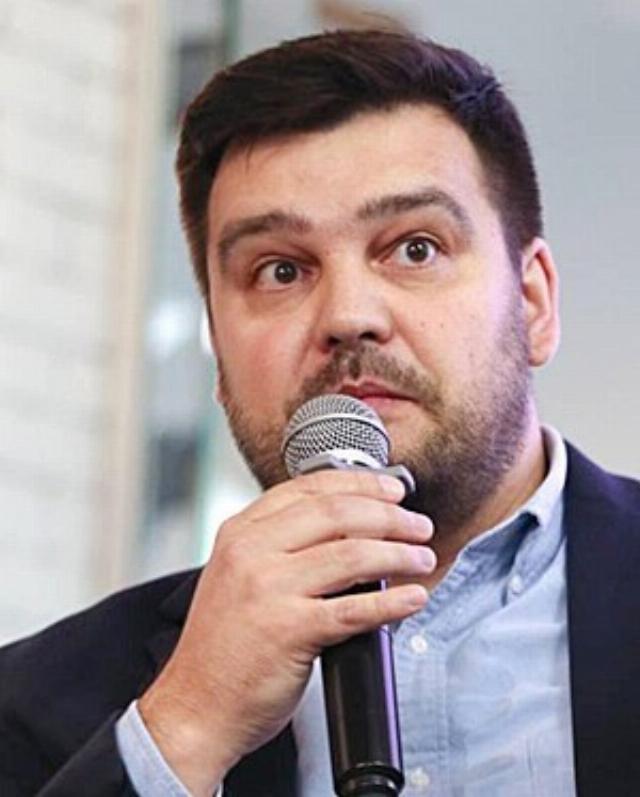
Alexey Shcheglov, Chairman of the Management Board of the MIT — We IT Association. Source: politteh.ru
Alexey Shcheglov, Chairman of the Management Board of the MIT — We IT Association:
We are grateful to the Ministry of Finance of Russia and personally to Maksut Shadaev for an open dialogue with various segments of the IT industry and a deep understanding of the tasks of both individual specialists and startups, as well as large technology companies that ensure the digital sovereignty of the country. At the same time, it is important not only to abandon the planned tax changes for the IT industry, but also to analyze the current benefits for advanced companies and start-ups that are residents of the INTER, including Skolkovo, so that residents do not have to combine various tax benefits to ensure an optimal tax burden, as they currently do. Moreover, we consider it extremely important to bring these measures and tax regimes in line with the current conditions of the IT hubs of neighboring friendly countries such as Kazakhstan and Uzbekistan, or better yet, to create even more attractive conditions for Russian innovation projects. This will help keep IT companies in Russia, stimulate the digitalization of related industries and increase the export potential of domestic technologies.
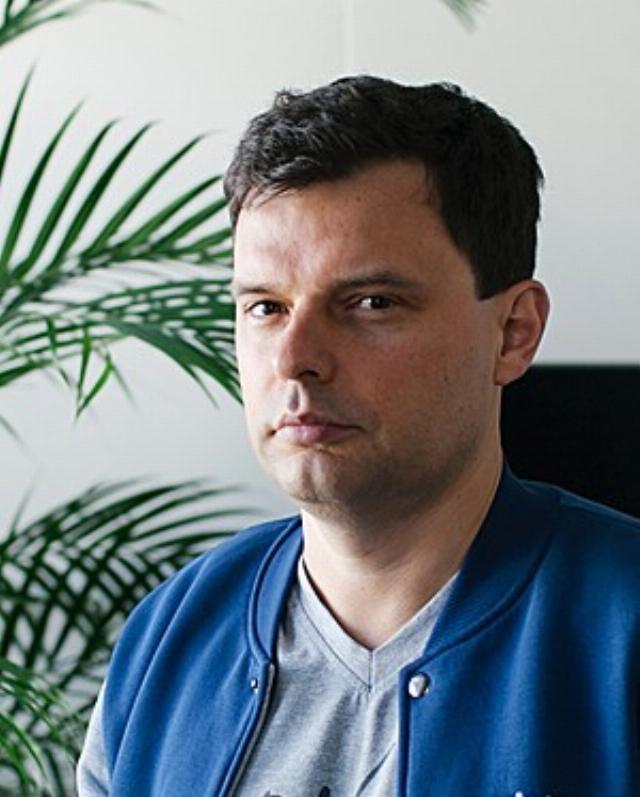
Kirill Varlamov, Director General of the IIDF. Source: incrussia.ru
Kirill Varlamov, Director General of the IIDF:
The whole world has been creating software for many years, but Russian developers are forced to do it in the shortest possible time, investing a lot in development. The proposed tax changes for the IT industry (the introduction of 22 percent VAT on software sales, an increase in preferential insurance premium rates, and a reduction in revenue for the use of STS from 60 million to 10 million) will actually lead to an additional turnover tax of 30 percent for software companies (7.4 plus 22 equals 29.4 percent), which will be It's difficult with an average industry profitability of 10 percent, and startups will get a "triple stranglehold." It is necessary to look for an alternative. For VAT, for example, to preserve benefits, while increasing income tax by 2.5‒3 percentage points for all accredited IT companies of the Ministry of Finance (the current rate is five percent). This will provide the budget with additional deductions comparable to VAT receipts, and will fairly distribute the tax burden among the industry players.

President of Russoft, Valentin Makarov. Source: RUSSOFT
Valentin Makarov, President of Russoft:
The development of the software industry is slowing down amid a cooling economy, the growth of software and services sales in Russia has slowed from 34 percent in 2023 to 24 percent in 2024 (the forecast was 32 percent), and growth is expected to be only 15 percent in 2025. The investment attractiveness of the IT industry is declining, as evidenced by a 35-40 percent decline in stock prices of IT companies on the stock market. The Ministry of Finance's argument about the need to align business conditions with other sectors of the economy in order to justify increasing the tax burden on the IT industry does not correspond in any way to world practice. At the stage of formation of a new technological structure based on IT achievements, all world leaders prioritize financing and developing the IT industry, which is strategic. With a sharp (five to six times!) increase in the tax burden on the software industry, Russia, in principle, will not be able to compete with them and claim the role of one of the technological leaders. This will lead to the closure of hundreds, if not thousands of companies, lower sales, lower R&D costs, and layoffs of staff. But most importantly, these measures will not lead to an increase in budget revenues!
According to the materials of the press service of the ARPP "Domestic software"
